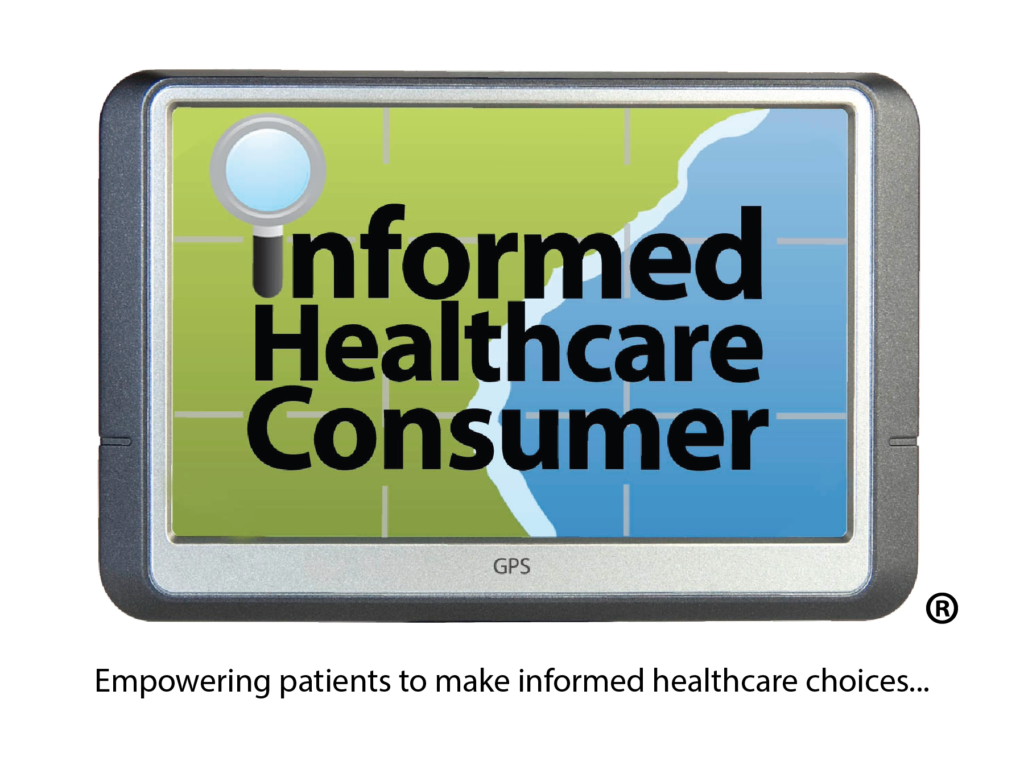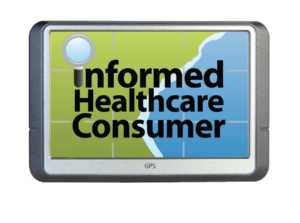Get Informed On Healthcare news with our Newsletter. Read here!
Informed Healthcare Consumer® Newsletter Vol. 5, No. 1
January 2, 2024
Mobile Healthcare Devices
The ubiquity of mobile devices presents the opportunity to improve health outcomes through the delivery of innovative health services using a myriad of information and communication technologies. One such popular technology is mobile health applications (apps) which allow users to collect and aggregate their medical records from multiple health care providers to better manage their Protected Health Information (PHI). Patients may mistakenly believe that PHI including sensitive health information entered into a mobile health app will be subject to the same state and federal privacy and security laws and regulations that govern health care providers such as the HIPAA Privacy and Security Regulations. Once PHI has been shared with a third party mobile health app as directed by the individual, HIPAA covered entities will not be liable under the HIPAA Privacy Regulations for the subsequent use or disclosure of PHI provided that the mobile health app developer is not itself a business associate of a covered entity or other business associate. In assessing these new mobile health apps, individuals should carefully review the privacy policy to understand the vendor’s data collection, use and sharing practices with third parties. Additionally, patients should understand the vendor’s data security practices such as whether your PHI is stored locally on the mobile device or whether the app also sends data to “the cloud” for remote storage.
The latter half of 2019 saw the introduction of legislation to increase the protection of individually identifiable health information to address the gaps in current federal and state data privacy laws created by emerging technologies. Sens. Amy Klobuchar, D-Minnesota, and Lisa Murkowski, R-Alaska, unveiled legislation on June 14, 2019 focused on closing privacy gaps in HIPAA, which does not currently cover mobile health apps, direct-to-consumer genetic tests, and other consumer-focused health technology. The Protecting Personal Health Data Act addresses these health privacy concerns by requiring the Secretary of Health and Human Services to promulgate regulations for new health technologies such as mobile health apps, wearable devices such as Fitbits, and direct-to-consumer genetic testing kits that are not regulated by existing laws. On November 14, 2019, legislation proposed by Sens. Bill Cassidy, R-Louisiana, and Jacky Rosen, D-Nevada, bolsters the privacy of patient health data stored on wearable personal devices. The Stop Marketing and Revealing the Wearables and Trackers Consumer Health Data Act bans companies that collect data through smart devices and personal health trackers from selling, sharing, transferring, or allowing access to the data without the individual’s explicit consent. As science continues to drive technological innovation, the protection of the privacy and security of individually identifiable health information will continue to be a concern.
Informed Healthcare Consumer ® Tip.
The National Academies Report, Improving Diagnosis in Health Care, recognized that diagnostic errors – – inaccurate or delayed diagnoses – – persist throughout all settings of care and continue to harm an unacceptable number of patients. The Report concluded that most people will experience at least one diagnostic error in their lifetime, sometimes with devastating consequences. Despite the pervasiveness of diagnostic errors and the risk for serious patient harm, diagnostic errors have been largely unappreciated within the quality and patient safety movements in health care. Without a dedicated focus on improving diagnosis, these errors likely will worsen as the delivery of health care and the diagnostic process continue to increase in complexity. Box 4-4 of the Report contains a Checklist for Getting the Right Diagnosis which may serve as a useful resource for patients. See National Academies of Sciences, Engineering and Medicine, 2015, Improving Diagnosis in Health Care, Washington, DC, The National Academies Press.
Healthcare Roadmaps ®
Please check out our Healthcare Roadmaps® resource materials which provide guidance on a variety of topics necessary for a healthcare consumer to obtain optimal healthcare services.
Navigation
© Informed Healthcare Consumer 2024

